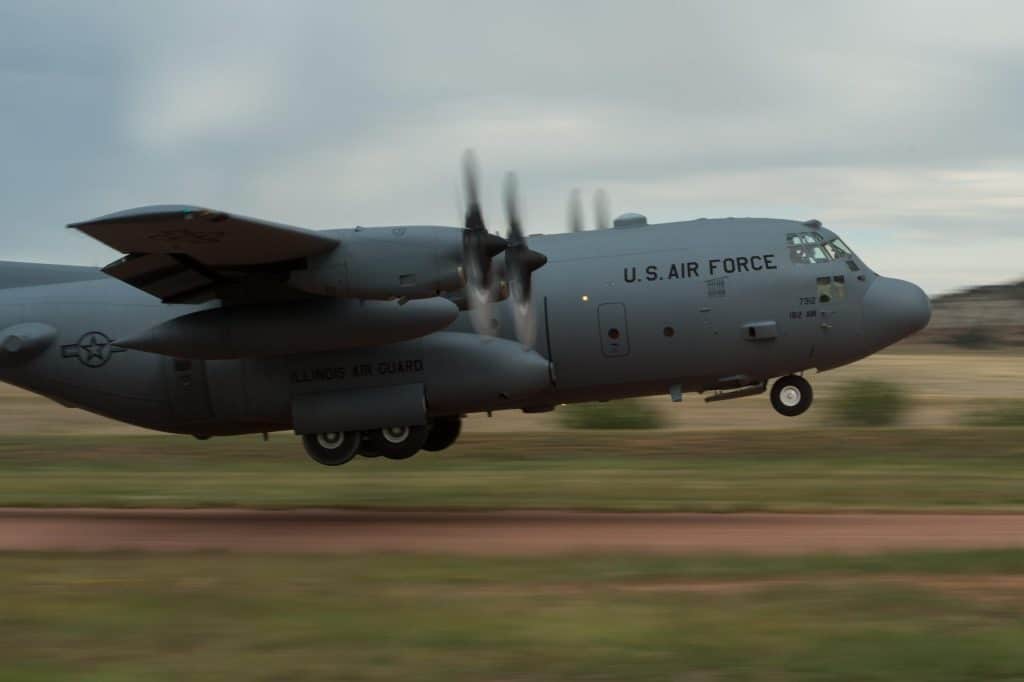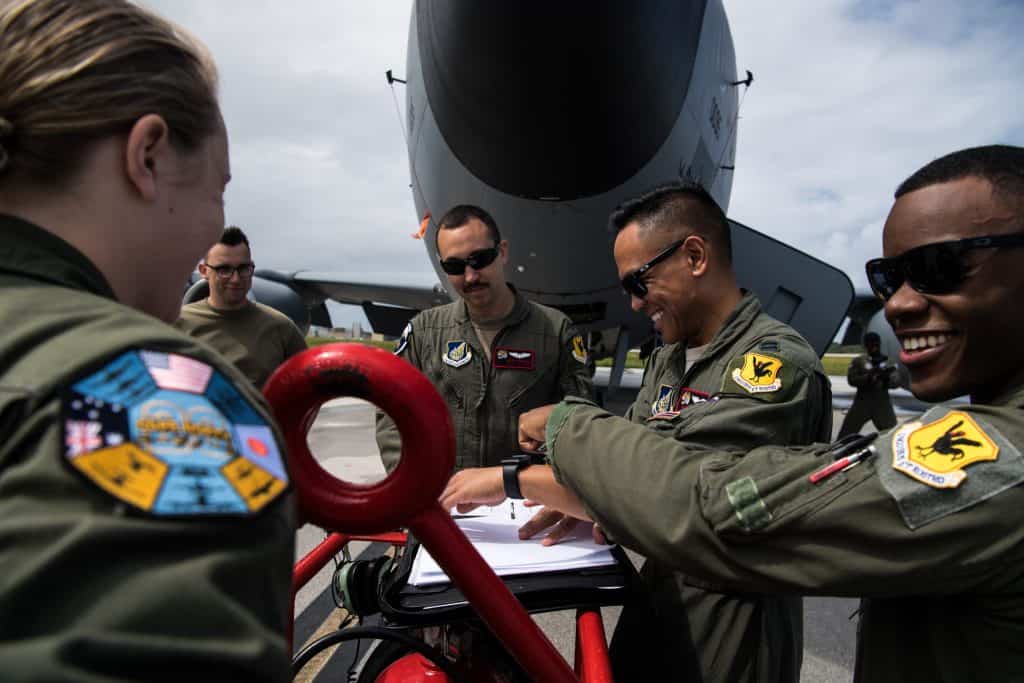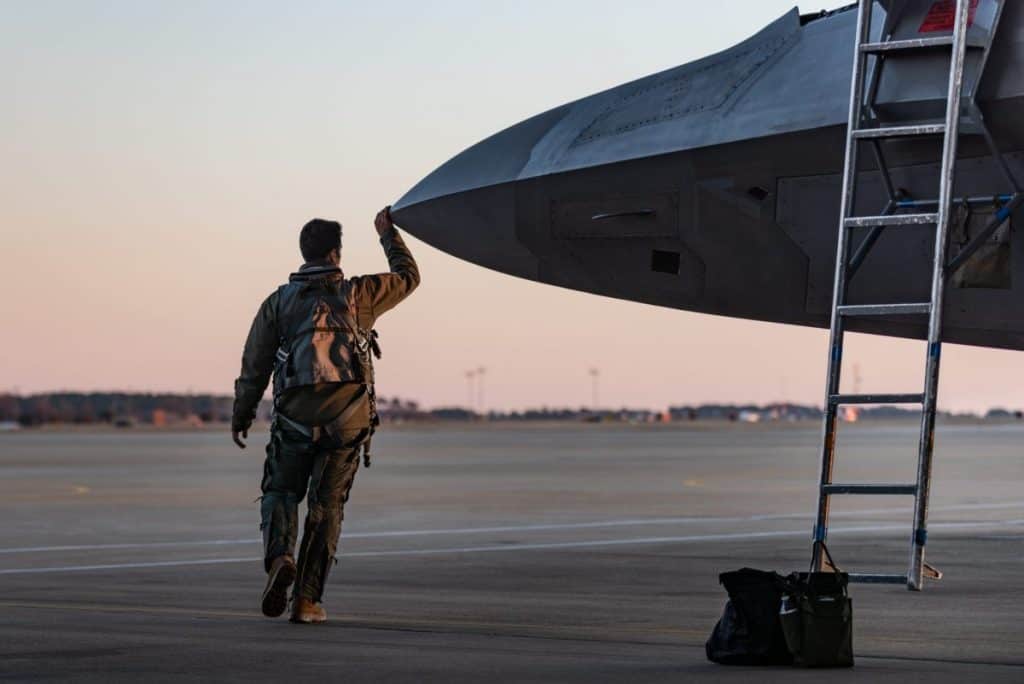6 Important Questions That Determine Your Chances on a Rated Hiring Board

When you’re applying for a rated hiring board, we’re going to ask for a lot of paperwork: your resume, Officer Performance Reports (OPRs), SURF (personnel report), Form 8s (checkrides), etc. Some of it may seem like overkill, but there’s a method to the madness. This is our due diligence phase; we’re ultimately trying to use this stack of papers to answer six important questions before we invite you for an interview. A negative response to any of these questions can greatly lower your chances of being hired. On the other hand, if the answers to these six questions are what we’re looking for, your chances of being hired are better than ever!
1. What is your reputation?
Let’s face it: the military aviation community is small. It is a virtual certainty that someone in the squadron you’re applying to knows you, or at least knows someone who does. When I say that they “know you,” I mean that they know the reputation you’ve created for yourself—both inside and outside of the cockpit—over the last decade of your active duty career. At some point in the application process, a complete list of applicants will be sent to the existing members of the squadron in a search for any positive or negative feedback.
A good reputation pays dividends. If several people praise you for being super sharp, hard-working, and a great person to socialize with, that’s a huge plus; it can outweigh your competitors’ impressive resume bullets or savvy interview answers. On the other hand, it is a huge negative if one or more of the people in the squadron have had a bad experience with you—or even have just heard negative rumors about you from a colleague. In fact, that may be enough to kill your chances of ever getting hired at that particular squadron.
I’ve heard of closed door pilot meetings in which the reputations of each individual applicant are discussed one by one. If even one squadron member gives the thumbs down, that applicant is removed from consideration, regardless of the reason.
The reality is this: picking one bad egg can have more of an effect on a squadron’s morale (and credibility) over the next 8-10 years than picking several good hires. Consequently, the squadron will take this due diligence period very seriously.
Look at your reputation as a force multiplier for your resume: I’ve seen solid reputations make up for bad interviews, below average resumes or minor skeletons in the closet that may have otherwise hurt an applicant’s chances of being hired. So, start creating the reputation you want early in your career, because it will follow you for a long time. Rest assured, we will do everything we can to find the good and bad!
2. What do your quals and assignments say about your flying progression?
We aren’t going to throw you into a simulator and test your flying skills. Instead, the best way we have of objectively comparing your flying skills to other applicants (if there isn’t anyone that has personally flown with you on the board) is to compare your flight time with your associated quals and active duty assignments.
Were you a 400hr IP, 1,500hr two-ship flight lead, or 1,000hr aircraft commander? Was your second flying assignment in the same aircraft or did you get assigned UAVs, MC-12s, F-22s, T-6s, or a non-flying gig? If you progressed through your quals within your specific community faster than average and had good follow on assignments, that’s usually a good indicator of how your pervious commander perceived your flying ability. The opposite is true as well.
If you feel your flight time, quals and follow-on assignments don’t accurately reflect your progression or abilities to an outside observer, just be ready to explain it. Perhaps you had a medical issue that took you out of the jet for a while, or you deployed to a combat zone where you racked up a ton of hours but training upgrades weren’t an option. Did you request a less desirable assignment to be closer to family? Were you humbled by a bad assignment that reenergized your focus and work ethic? You can tell the board about how you used assignments two and three to ensure it never happened again.
3. When can you start flying?
Typically, the sooner you can start flying, the more desirable you are. When can you separate from active duty? Do you need a TX (transition) Course to become current and qualified in that specific airplane? If so, what’s the length of the TX Course you need (they can range from two weeks to six months based on your background)?
The majority of the pilots we hire are over a year out from when they can actually start flying. However, it could separate you from the pack if you are able to start sooner—this hiring board was likely constructed due to an unforeseen vacancy we now need to fill.
4. What year did you commission?
The commander will care a lot about your “year group” (the year you commissioned). Once hired, pilots typically stay within that specific ANG squadron until they retire. That means that ANG squadrons tend to be relatively top heavy with regards to rank compared to their active duty counterparts. However, there simply aren’t enough resources to make everyone an O-5 or O-6 at the same time. They try to control the bottle neck by limiting the amount of pilots in the same year group.







